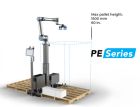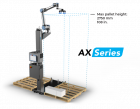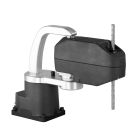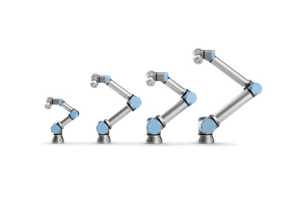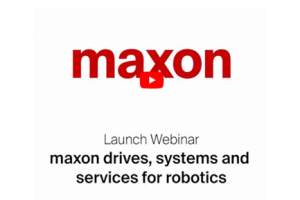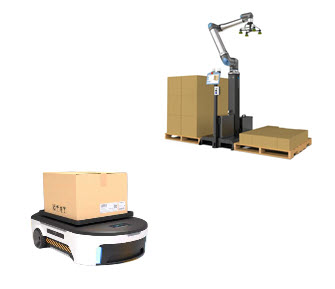
The rapid evolution of manufacturing is a testament to how technology continually reshapes industries. Central to this transformation is motion control, driving innovations and optimizations across various sectors. But what exactly are the prevailing trends capturing manufacturers' attention today?
This paper delves into the latest applications of motion control in automation for manufacturing. From the meticulous precision of SCARA robots in electronics assembly to the self-guided efficiency of AMRs in vast production facilities, we present a snapshot of the future—a future where motion control is the fulcrum of advanced manufacturing.
Cobot Palletizing:
At the forefront of modern manufacturing, cobot palletizing addresses two crucial needs: safety and efficiency. Collaborative robots, such as the advanced palletizer solution from Universal Robot & Robotiq, are designed with inherent safety features allowing them to work harmoniously alongside humans without the traditional safety barriers required for industrial robots. Their quick programmability, reliability, and ability to work long duty cycles make them ideal an ideal asset in modern manufacturing.
A practical illustration can be found in beverage production. Here, cobots transition seamlessly between tasks from stacking crates of soda cans to arranging pallets of bottled water. As the future beckons, enhanced vision systems and AI integrations promise to elevate the versatility and precision of cobot palletizing, making them an increasingly valuable asset in dynamic manufacturing environments.
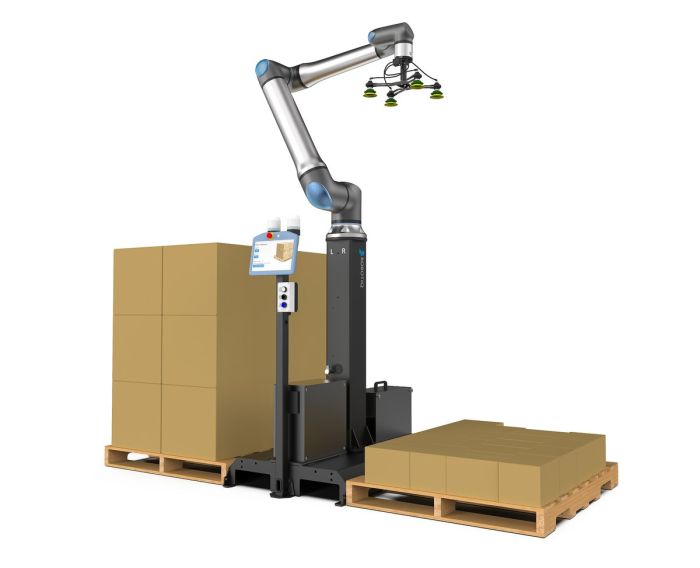

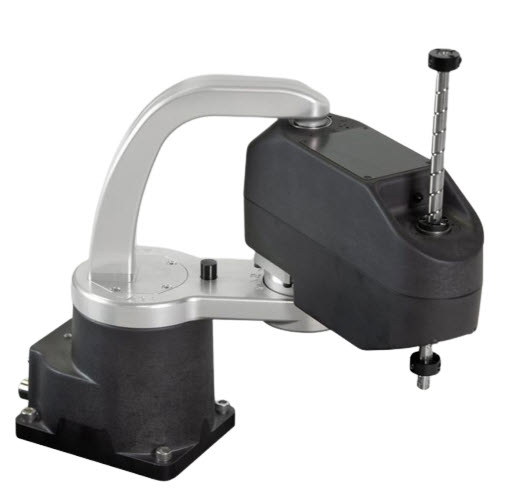

High-Speed/Precision Material Handling, Micro-Assembly, and Inspection Using SCARA Robots:
SCARA robots, typified by models such as the MCS500 from Mecademic, are revolutionizing micro-assembly with their unparalleled speed and pinpoint accuracy. In industries like electronics manufacturing, they adeptly handle tasks that require immense precision: imagine them seamlessly picking and placing microscopic components onto circuit boards, ensuring both speed and quality of assembly.
Additionally, their prowess isn't limited to just electronics. In the automotive sector, SCARA robots take the lead in inspection and testing.
Their consistent repeatability guarantees that every car part undergoes rigorous checks, meeting and often surpassing stringent quality benchmarks. As manufacturing pushes the boundaries of speed and precision, SCARA robots are set to play an ever-increasing role.
Autonomous Mobile Robots
The dawn of Industry 4.0 has ushered in a new era of manufacturing, with AMRs at the forefront. These autonomous mobile robots, equipped with cutting-edge motion control systems, autonomously traverse through facilities, efficiently transporting goods and components.
Picture an automotive assembly line: an AMR effortlessly moves a car door from storage right to the assembly point, eliminating bottlenecks and reducing the need for manual interventions.
Moreover, in today's world where health and safety are paramount, AMRs are not just productivity enhancers but also safety champions.
By minimizing human-to-human interactions, they play an essential role in adhering to social distancing guidelines, ensuring both efficiency and safety coalesce seamlessly in modern manufacturing environments.
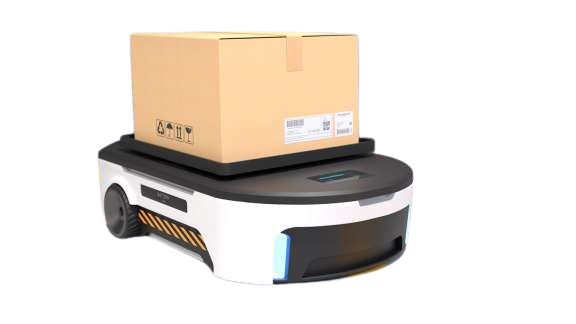

Conclusion:
The marriage of motion control and manufacturing signifies an era where technology isn't just an adjunct but a central protagonist in the story of modern manufacturing. As we've reviewed the key trends, it's evident that the quest for efficiency, precision, adaptability and safety continually drives innovations in the manufacturing sector. These advancements, drawn from real-world applications, not only illuminate the present state of the industry but also hint at an even more integrated and dynamic future. As manufacturers globally adapt and integrate these systems, the essence of 'modern manufacturing' will be continually redefined, setting new benchmarks for the world of industrial production.

